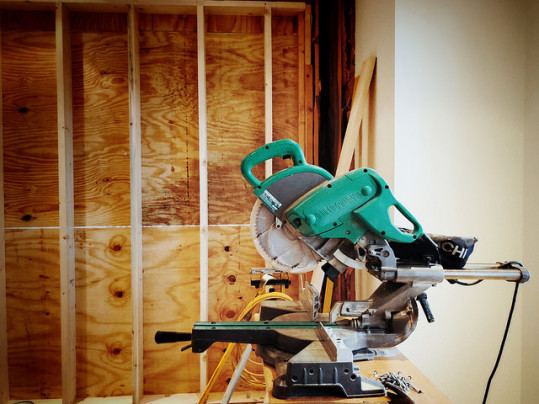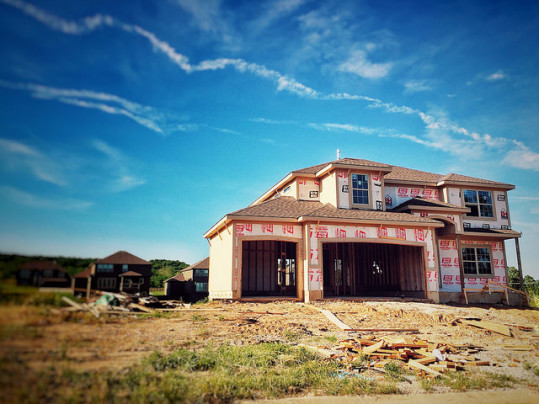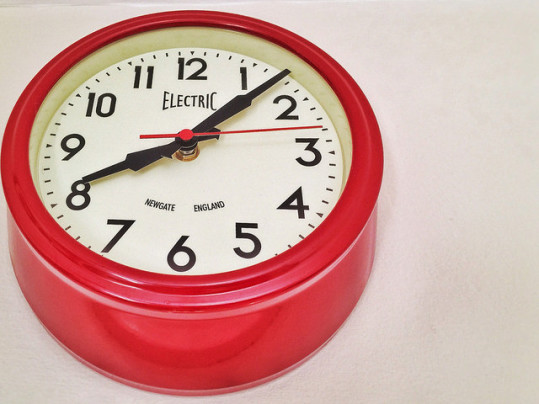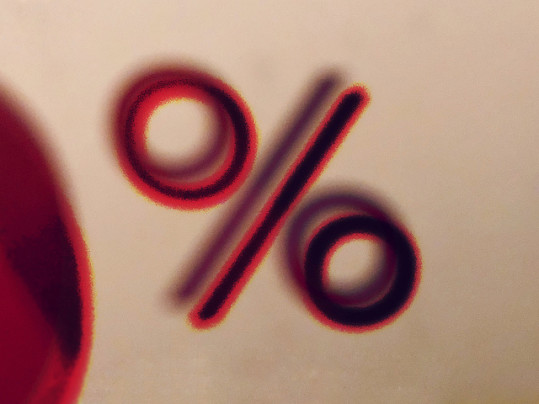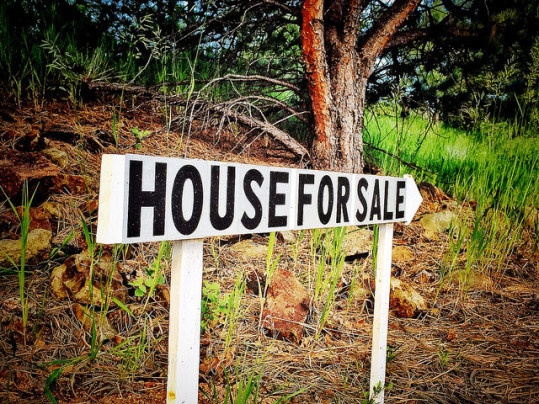Millennial home buyers face some well-documented challenges. Higher home prices, too few starter homes for sale, and student loan debt are near the top of the list. Add to that having to save for a down payment while paying rent and it can seem like an uphill battle. But younger Americans want to buy and are showing a willingness to get creative in order to make it happen. For example, a new survey finds nearly 70 percent of millennials, who say they’d like to become homeowners soon, would consider buying a home that needs major repairs. And since finding an affordable house in a good neighborhood with quality schools and a short commute to work isn’t always easy, taking on a home improvement project in order to get one may not seem like that big of a tradeoff. And it isn’t, especially if you can do some of the work yourself. But, if this strategy appeals to you, be careful. Home repairs can get costly and even more so if you don’t have the expertise and experience to handle the job. More here.
Archive for January 2019
Builder Optimism Climbs As Rates Slow Down
Builders build the homes we buy and live in but they also serve another important purpose. They are a good barometer for where the real estate market is heading. After all, it’s their business to determine whether or not people are buying homes. So when builders are confident, there’s likely a good reason. According to the National Association of Home Builders’ most recent Housing Market Index, the reason this month is mortgage rates. The NAHB’s index measures builder confidence on a scale where any number above 50 indicates more builders view conditions as good than poor. In January, it increased two points to 58. Randy Noel, NAHB’s chairman, says it’s because there’s been a decline in mortgage rates over the past several weeks. “The gradual decline in mortgage rates in recent weeks helped to sustain builder sentiment,” Noel said. “Low unemployment, solid job growth, and favorable demographics should support housing demand in the coming months.” In other words, builders expect buyer demand to remain high going into this spring’s sales season. More here.
A Hopeful Sign For The Spring Market
Spring is the busiest season for home buyers. So, naturally, there’s a lot of analysis of buying conditions as it approaches. Things like mortgage rates, the economy, prices, for-sale inventory, and buyer demand can all be used to get a feel for how busy or slow the season will be. One early sign came with this week’s Applications Survey from the Mortgage Bankers Association. The survey measures mortgage rate movement and also demand for refinance and home purchase loans. The most recent results show a significant surge in demand over the previous week. In fact, total mortgage loan demand was up 13.5 percent from one week earlier and requests for loans to buy homes was 11 percent higher than at the same time last year. Mike Fratantoni, MBA’s senior vice president and chief economist, said the spike might be a hopeful sign. “Uncertainty regarding the government shutdown, slowing global growth, Brexit, a more patient Fed, and a volatile stock market continued to keep rates from increasing,” Fratantoni said. “The spring home buying season is almost upon us, and if rates stay lower, inventory continues to grow, and the job market maintains its strength, we do expect to see a solid spring market.” More here.
Money Is Main Motivator When Deciding To Buy
When surveyed, Americans who currently don’t own a home consistently say they’d like to buy one someday. For example, the National Association of Realtors’ Housing Opportunities and Market Experience survey asked non-homeowners whether homeownership is part of their American Dream and 75 percent of respondents said it was. Which means, there are a lot of people who’d like to buy a home. So what are the main factors that influence their decision to buy now or wait? Well, it may come as no surprise that money leads the list. Most non-homeowners, when asked why they don’t currently own a home, said they couldn’t afford a mortgage. Other reasons included needing the flexibility that comes with renting and a lifestyle that wasn’t compatible with ownership. Similarly, when asked what might spur a future decision to buy, respondents said that having more money would motivate them to purchase a home. But an improved financial situation wasn’t the only thing that could encourage them to buy. An almost equal number of respondents said a lifestyle change like marriage or retirement might push them to pursue homeownership. More here.
How Long Will You Live In The Home You Buy?
Everybody knows buying a house is a major financial commitment. But you’re also committing your time. After all, if you’re purchasing a home, you’re likely thinking about staying awhile. But how long should you expect to live in the home you buy? Well, according to new numbers from First American, the length of time the average homeowner spends in their house is growing. In fact, it’s risen 10 percent in just the past year. Mark Fleming, First American’s chief economist, says there are a couple of reasons for this. “Just prior to the housing downturn in 2007, homeowners typically stayed in their homes for four years,” Fleming says. “In the aftermath of the housing market crash (2008-2016), median homeowner tenure increased to approximately seven years. Many people remained in their homes because their mortgage balances exceeded their property values during this time, so they would have lost money by selling their homes.” In the ensuing years, Americans who bought homes did so at a time when mortgage rates were at historic lows, giving them a reason to stay put longer. Combined those factors pushed median tenure length to 10 years by September of last year. That means, if you’re buying a house today, you may want to ask yourself whether it’ll still be the right house for you in a decade. More here.
One Way To Think About Mortgage Rate Increases
Affordability conditions over the past few years have been largely held in check by low mortgage rates. Potential home buyers could absorb higher home prices, since job market improvement had them feeling confident in their income and rates were still hovering near historic lows. But though the most recent data shows rates have fallen over the past few weeks, last year brought the first significant increase since the housing crash. This has caused new concern about affordability. So how concerned should buyers be? Well one way to put current conditions in perspective is to look at what has been normal historically. The numbers show that, since 1970, mortgage rates have generally been much higher than they are today. In fact, during the ’70s, they ranged between 7 and 10 percent. In the early 1980s, they surged to almost 19 percent before settling back down. Since then, they’ve generally been between 6 and 10 percent until 2009. In other words, today’s mortgage rates are still well below historic norms, even with the past year’s increase. More here.
Experts Say Number Of Homeowners Set To Rise
A recent survey asked 100 real estate economists and experts for their housing market predictions. And though they had varied views on topics like mortgage rates, home values, and who will be most active in the market in years to come, they almost unanimously agreed on just one thing. A full 88 percent of responding panelists said they expect that the homeownership rate would be higher in five years than it is now and an almost equal amount said it will be improved in just two years. Why is this important? Well, following the foreclosure crisis and housing crash, the homeownership rate – which had peaked in 2006 – began to fall. And while it fell just 6 percent from its high, and only 2 percent from its historical average, it was a reflection of growing uncertainty among Americans. In short, buying a house, which had traditionally been seen as part of achieving the American dream, had lost some of its appeal. Since then, however, both the homeownership rate and housing market confidence have begun to rebound. And, according to the survey, an influx of first-time home buyers over the next five years will help further improvement. More here.
